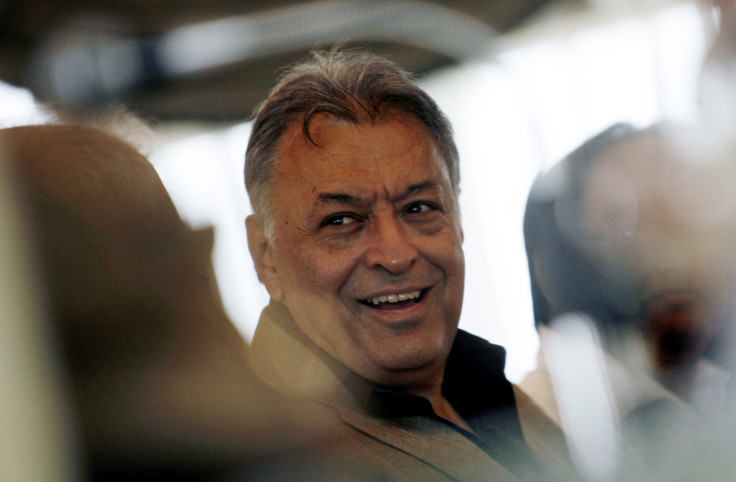This Side Of Paradise: Kashmiri Separatists Demand Cancellation Of Zubin Mehta Concert

Muslim separatists in the Indian state of Jammu and Kashmir (J&K) have demanded the cancellation of a concert in the capital city of Srinagar by Indian-origin maestro Zubin Mehta, citing it would be a wasteful and inappropriate function in an area undergoing turmoil and suffering from poverty.
The Indo-Asian News Service (IANS) agency reported that the Grand Mufti of Kashmir, Bashir-ud-Din, has called for the concert, scheduled for September 7, to be shelved and appealed to the German ambassador Michael Steiner (who is sponsoring the musical event) to instead focus on education and health care needs in the state. "I have been approached by many religious, social and civil society groups on the issue [of the concert] and I personally feel [the] holding of such [a] musical shows sends out the wrong signal that the people of Kashmir are prosperous and have the leisure to participate in such high-profile events," the Mufti told reporters in Srinagar. "Since Kashmir is a disputed area, the holding of such a concert would definitely send a wrong signal to the outside world."
The Mufti has joined leading Muslim separatists Syed Ali Geelani and Mirwaiz Umer Farooq who are unified in their opposition to the concert. "This concert should not happen in Kashmir. The organizers must take note of our opposition. A concert is inappropriate considering the turmoil in the region," Geelani stated. "Any sort of international activity, be it political, diplomatic, cultural or sports, will have an adverse effect on the disputed nature of Jammu and Kashmir.”
Mehta, who was born in Mumbai but achieved fame as a conductor in the West, was slated to appear at the Shalimar Bagh -- a famous Mughal-era park and garden, in the Kashmir Valley – with members of the Bavarian State Orchestra from Munich. The concert would feature the works of Beethoven, Hayden, and Tchaikovsky, performed before 1500 guests.
The ancient princely state of Kashmir has been disputed by India and Pakistan since partition created these two nations in 1947. Indian-administered Kashmir (J&K) forms the southern part of the original Kashmir, while Pakistan controls the other two parts of Kashmir: Azad-Kashmir and Gilgit-Baltistan. Kashmir is renowned for its majestic natural beauty that some have likened to heaven. But the tranquility and natural splendor have turned this paradise into a war zone.
India and Pakistan have fought three wars over Kashmir, while internal struggles have kept the region in a continual state of chaos for decades – at the cost of tens of thousands of lives lost. The Kashmir issue represents a complex struggle pitting various parties against each other – some Kashmiris are seeking accession to Pakistan, while other Kashmiris are fighting to create an independent homeland, separate from both India and Pakistan. Kashmir has also served as a geopolitical chess game between India, Pakistan and also neighboring China.
Meanwhile, the Hindu newspaper of India reported that German Embassy officials are determined to go through with the concert, noting that it is purely a cultural celebration and has no political component whatsoever. “The preparations for the show are under way,” Nicolas Wagner, a spokesman for the German embassy, told The Hindu. “The German embassy is sure there would be a true Kashmir footprint around the concert. As Ambassador Steiner has already said, the concert would be a tribute to the fantastic Kashmir culture and would be supported by the cultural icons of Kashmir.”
Pandit Bhajan Sopori, a well known Kashmiri musician, who is also involved in organizing the concert, added that the performance would feature nothing to offend the sensibilities of Kashmiri peoples. “It’s a huge classical orchestra,” he told Indian media. “There are no electronic instruments, not even a guitar, no jazz, no pop, [and] no rock [music]. It’s much like our own devotional Sufiana [devotional music].” Another famous Kashmiri musician, Srinagar-based Waheed Jeelani, declared: “Art, culture and theatre are noble fields. They shouldn’t be influenced by politics and vice versa.”
© Copyright IBTimes 2024. All rights reserved.




















